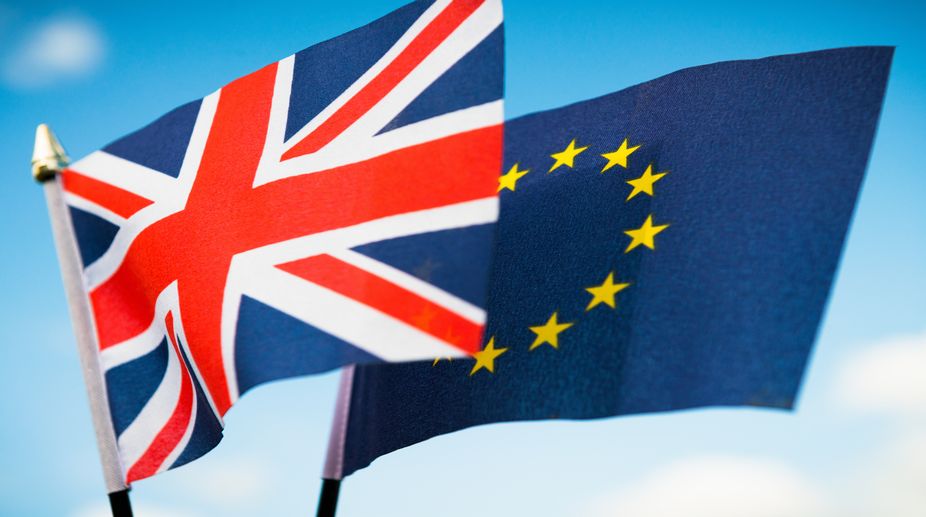EU leaders agree for new sanctions on Iran
European Union leaders agreed late on Wednesday on new sanctions targeting Iran for the direct attack on Israel.

(Getty Images)
European Union leaders will renew their vows on the 60th anniversary of the troubled bloc's founding treaties at a special summit in Rome designed to show unity despite Britain's looming divorce.
Meeting in the same Renaissance-era palace where six founding countries signed the Treaty of Rome on March 25, 1957, the 27 leaders minus Britain will endorse a declaration of intent for the next decade.
They will have the words of Pope Francis ringing in their ears, after he warned on the eve of the summit that the crisis-ridden bloc "risks dying" without a new vision.
Advertisement
The White House congratulated the EU overnight on its 60th birthday, in a notable shift in tone for President Donald Trump's administration, whose deep scepticism about the bloc has alarmed Brussels.
But British Prime Minister Theresa May's absence from the summit, four days before she launches the two-year Brexit process, and a row over the wording of the Rome declaration underscore the challenges the EU faces.
Security is tight with snipers on rooftops, drones in the skies and 3,000 police officers on the streets as Italy takes no risks following an attack this week in London claimed by the Islamic State (IS) group.
The Rome Declaration that the leaders will sign proclaims that "Europe is our common future", according to a copy obtained by AFP, after a series of crises that have shaken its foundations.
Mass migration, the eurozone debt crisis, terrorism and the rise of populist parties have left a bloc formed from the ashes of World War II searching for new answers.
Yet the leaders are deeply divided over the way forward almost before they have started.
Polish Prime Minister Beata Szydlo only agreed to sign the declaration at the last minute, after bitterly opposing a reference to a "multi-speed" Europe favoured by powerhouse states France and Germany.
Poland, central Europe's largest economy, is concerned that as one of nine of the EU's current 28 members outside the eurozone, it could be left behind should countries sharing the single currency push ahead with integration.
Greece, the loudest voice against the austerity policies wrought by its three eurozone bailouts, meanwhile insisted that the document should mention social policies.
In his hard-hitting message on the eve of the summit as he met the EU 27, the pope echoed this theme and urged the bloc to focus on the principles of solidarity and social justice on which it was founded.
"When a body loses its sense of direction and is no longer able to look ahead, it experiences a regression and, in the long run, risks dying," Francis said in a speech at the Vatican City.
Advertisement